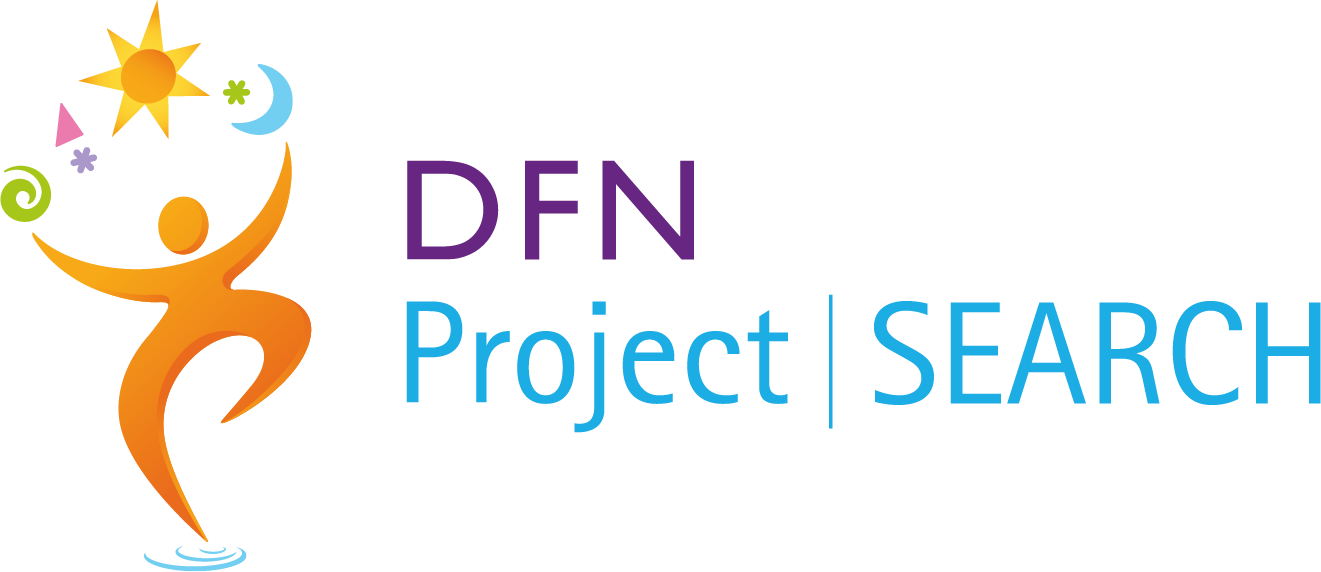Supporting young people with a learning disability or autism into employment
The research (available here)
As a What Works Centre, Youth Futures Foundation is committed to developing an evidence-based approach to supporting young people from marginalised backgrounds into employment. We know that young people with a learning disability or autism (LDA) face additional barriers to entering the labour market, and may require support from a provider of employment support programmes, a job coach, or from a prospective employer to enable them to do so.
We wanted to better understand the scale of need for employment support, the current employment support provision across England, what works and what is promising for young people with LDA, and how to address the gap between current provision and current need.
To answer these questions, we commissioned Cordis Bright to carry out research with a range of stakeholders including local authorities, service commissioners, employment support providers, employers, policy-makers, academics, and young people with learning disabilities and/or autism who have used different kinds of employment support.
The report is structured in sections covering the scale of need, an overview of current provision in England, what interventions have promise, and improvements and actions for commissioners, providers, policy makers and employers.
Key findings
- Standardised national data about employment rates of young people with learning disabilities and/or autism is limited. NHS Digital data cited in 2022 that only 4.8% of adults (age 18-64) with a learning disability known to their local authority in England are in paid work. The data for young people specifically is more difficult to pinpoint because young people may choose to remain in education until age 25 and the level of support need may vary considerably. But what data is available all point to the same challenge: a significant and disproportionate number of people with learning disabilities and/or autism are not accessing paid work.
- Stakeholders agree that young people need more support, particularly those transitioning between education and employment and those with higher levels of support need. Additionally, young people who do not have an Education, Health and Care Plan (EHCP – the legal document drawn up by the local authority outlining the additional support that a young person needs in their education setting beyond what is ordinarily provided) may be deemed ineligible for support interventions to help them with post-education destinations.
- There is typically no ‘single front door’ to accessing support. Support can be accessed at different timepoints along an individual’s journey from education to employment, and varies greatly based on location, providers in the area, and a wide range of eligibility criteria including age and complexity of support needs.
Stakeholders identified four promising models of support:
- Work trials: short work placements of usually less than five days, which may serve in place an interview process, and include some light support alongside the placement.
- Supported internships: a more substantial, but still temporary, employment placement which includes supplementary classroom teaching and support from a job coach.
- Supported employment: an internationally recognised model used not only for young people, but tested for a range of groups; the employment is a permanent role and also includes support for the employee to maintain their job.
- Job coaches: an individual who can be a part of a programme of support or employed directly; they provide tailored support to both the employee and employer.
Next steps
This research identified that many young people with LDA are missing out on employment opportunities. Whilst some progress has been made – including research, employers’ increasing awareness of the additional barriers faced by young people with LDA, and policy improvements of the last 30 years around education support – that change is happening slowly. So, what can be done?
Based on stakeholder views, Cordis Bright recommends the following areas most in need of attention to improve employment outcomes for young people with LDA:
- Expand provision to build on what works and address known gaps. This includes building on the evidence base of what works and ensuring high quality support is available for young people and employers. Commissioners and policy makers could also review the availability of funding to ensure it is sufficient to deliver high quality support.
- Strengthen local partnerships to maximise the impact of support. Commissioners and policy makers should create local systems that prioritise and support young people with LDA to access employment. This includes clarifying the roles of key stakeholders within local authorities, and encouraging the development of local strategies that match the needs and gaps of local areas.
We hope this report will add to the evidence base around how young people with LDA can be supported to enter paid employment. In addition, we hope to open the conversation about next steps. To learn more about the recommendations and calls for action outlined in the report, you can download the Improvements and Actions report.
Youth Futures as a What Works Centre remains committed to creating and curating evidence of what works to support young people with LDA to achieve and maintain good employment. We also collaborate regularly with providers in the sector to promote the learning in policy and practice.
